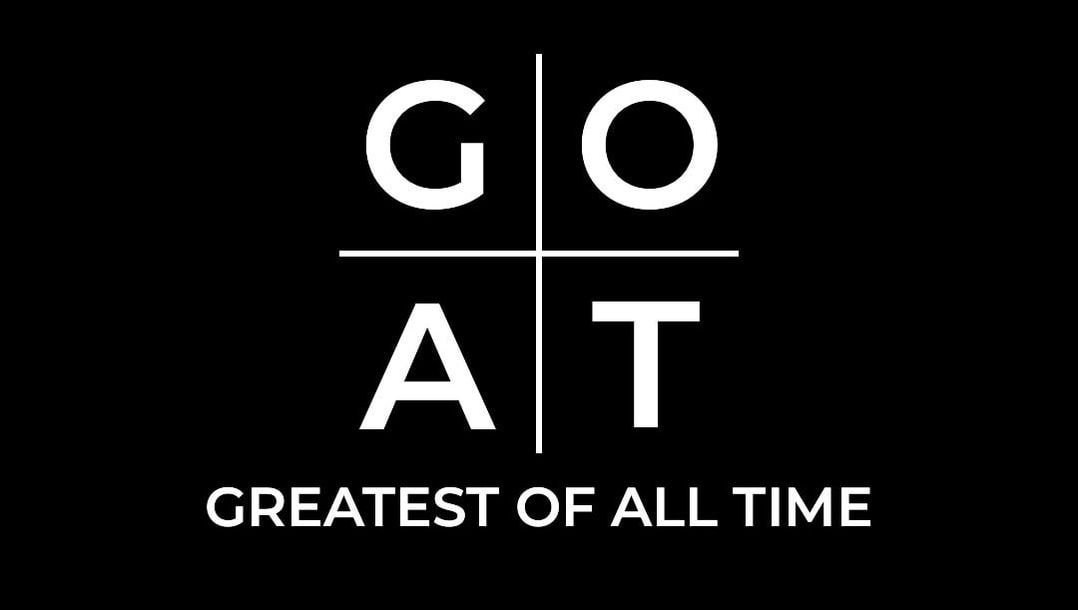A delegation was sent from the temple in Jerusalem to assess where John the Baptist ranked on their GOAT list of potential greatness. Was he the Messiah at the top of the rankings, the slightly lower but still important Elijah or perhaps the Prophet who had been promised by Moses? In humility John said he was not the Messiah, but that the Greatest of All Time was among them, unknown and unnoticed, But one who is more powerful than I will come, (Luke 3:16). John had a very healthy understanding of who he was and had the humility not to seek greatness, but to point to and prepare the way for the One who was to come.
There was a sense in which John was great. There were great expectations from the moment of his birth, and it was clear that the hand of the Lord was upon him. As an adult he led a prophetic revival movement unlike anything seen before in Israel. People flocked to him. He could have used this popularity to gain fame and fortune, but instead he humbly pointed to Jesus. The gospel gives context to his life and ministry saying, “There was a man sent from God whose name was John. He came as a witness to testify” (John 1:6,7)
The authorities ticked off their list: Messiah? No! Elijah? No! The Prophet? No! We sense their exasperation as they continue their questions, “Finally they said, ‘Who are you? Give us an answer to take back to those who sent us. What do you say about yourself?’ John replied in the words of Isaiah the prophet, ‘I am the voice of one calling in the wilderness, “Make straight the way for the Lord.” (John 1:22–23) They were not satisfied with this and continued, ‘Why then do you baptise if you are not the Messiah, nor Elijah, nor the Prophet?’” (John 1:25) If John’s ministry calling for repentance and baptising with water was a problem for them, John added to their concerns by saying someone even greater is coming and he will baptise with the Holy Spirit. John’s view was that Jesus, God’s anointed messiah, had a mission of 1) gathering the wheat, that is the spiritual harvest of all those who will repent and follow him as his disciples; and 2) Judging the chaff, the empty useless husks, that is the judgement of all those who reject the messiah. Given the authorities rejected John and his message, it is not surprising they would also reject Jesus the Messiah.
Again and again, John humbled himself while exalting Jesus. Later when John’s disciples were concerned about the rising popularity of Jesus, John said, “You yourselves can testify that I said, “I am not the Messiah but am sent ahead of him.” … He must become greater; I must become less.’” (John 3:28–30) What amazing humility. What an amazing witness pointing to Jesus.
What difference does this make to us today? Without any doubt, Jesus is the Greatest of All Time and John the Baptist knew it. Having a relationship with Jesus as our Saviour makes a difference today and makes an eternal difference to each of us. There are things we learn from John that can change our lives. 1) John was faithful to what God had called him to do. Each of us needs to follow his example. 2) John pointed towards Jesus. Each of us needs to do the same. Sometimes people pray, God give me a sign – why don’t you be that sign for them pointing to Jesus? You don’t need a lot of skill or training to be a sign, you just need to point in the right direction and carry the right message.
For reflection:
What condition am I in to be a sign pointing towards Jesus?
What can I do or say to humbly point people towards Jesus?
Rev John Malcolm

